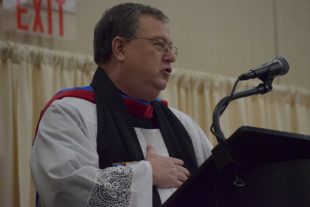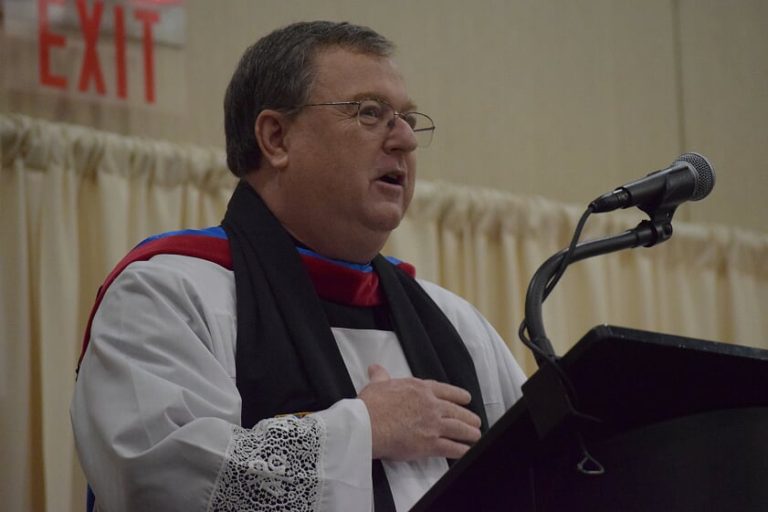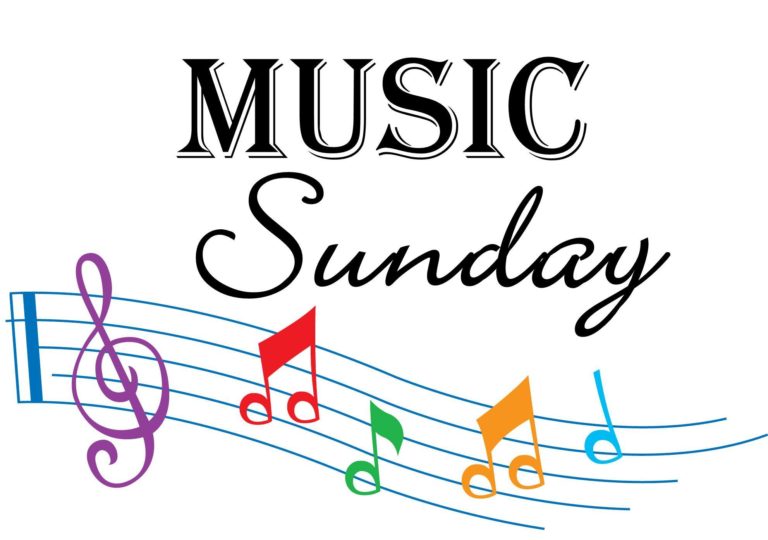Jan. 29th Epiphany III Sermon draft

Wedding at Cana Pentecost III January 29, 2020
Jesus could have began his public Ministry in a number of ways.
To establish his credentials as a teacher, he could have first preached The Sermon on the Mount.
To establish his power over demons, he first could have done an exorcism: how about a whole Legion of Spirits.
If his goal was simply to show his power over death, why did he not start by bringing someone back from the dead;
how about Lazarus?
But no, the Apostle John, tells us in the Gospel that Jesus first miracle was performed at The Wedding At Cana.
In which he transforms water into wine at a Jewish wedding.
Strange isn’t it? Let us examine – why, why did Jesus begin with this miracle?
Let us examine this story, for it will reveal more than we see.
First, why does Mary bring this problem, lack of wine, to Jesus, as he is simply a guest at the wedding party,
so it seems strange that Mary would turn to him with the problem; rather than take it to the host of the wedding.
Secondly, even more puzzling why does Jesus respond to his mother in the way that he does?
Moreoverover, his declaration that his “hour is not yet come,” seems like such a strange reply to her comment that “they have no wine.”
Jesus was NOT showing disrespect for his mother –
(First of all) I strongly recommend to our children at St. MIchael’s, that they should not refer to their mother as “WOMAN.”
And you can be sure that Jesus was not being disrespectful for that would be breaking a commandment – heaven forbid.
But contrary he was showing utmost respect for Mary because at creation there was a man and a woman (of which we call Eve)
this woman was the very mother through which this new creation would “multiply (and it is Mary, this new “woman”, as she obviously
is the mother of our new creation in Jesus Christ),
So it is the word “woman” that is used as a sign of respect,
as He hung upon the Cross,
when he would say “woman behold your son”, and then to the disciple he would say “behold, your mother.”
So no disrespect is found here, let us move forward
“Woman, what have I to do with thee? mine hour is not yet come.”
But even with these words said, she then says unto the servants of the wedding:
“Whatsoever he saith unto you, do it.”
Some translations interpret this as saying “what to me and to you?
While others interpret as saying: “what have I done to you – that you should have done this to me?”
Regardless, of which we one we believe, we must always remember that Mary and Jesus are devoted Jews,
thus they saw and heard everything through Jewish eyes and ears
and they knew the scripture inside and out (unlike us today.)
With this in mind, let us look at the scripture of Isaiah 24: 7, 9, 11
“The new wine mourneth, the vine languisheth, all the merry hearted do sigh.
They shall not drink wine with a song; strong drink shall be bitter to them that drink it.
There is a crying for wine in the streets; all joy is darkened, the mirth of the land is gone.
Could Mary have been speaking not necessarily of this event,
but as an allusion to Jewish Scripture?
With the words saying one thing, but implying another?If so, then we must continue and look at Isaiah 25 for a possible answer,
beginning at verse six, seven, and eight
And in this mountain shall the LORD of hosts make unto all people a feast of fat things,
a feast of wines on the lees,
of fat things full of marrow, of wines on the lees well refined.
7 And he will destroy in this mountain the face of the covering cast
over all people, and the vail that is spread over all nations.
8 He will swallow up death in victory;
and the Lord GOD will wipe away tears from off all faces;
and the rebuke of his people shall he take away from off all the earth:
for the LORD hath spoken it.
“feast of wines on the lees” – Lees mentioned in verse six – what is it? (dregs, remnants and sentiments)
This prophesy is known as “the messianic banquet”
Highlighting the following:
All people invited,
universal (all nations),
undoing the Fall of Mankind (by swallowing up death in victory.)
In some Jewish tradition it came to be believed that this Feast of God would be a kind of a Return to Eden
In which the righteous would drink miraculous wine
that actually had its Origins
the very dawn of time itself.
And there are other Jewish traditions which continues as
“the Holy One Blessed Be (be of Him) will therefore in the hereafter
give them to drink of the wine
that is preserved in grapes
since the six days of creation.
With these understandings, this miracle would have a deeper meaning than some wine being made at a wedding party…
Mary (the mother of God) would seem as trying to persuade Jesus
In speeding up and provide the sacrificial and Supernatural wine of Salvation
spoken of by the prophet Isaiah,
and long-awaited by the Jewish people…
But Jesus responds in the Gospel John that
“my hour has not yet come
Jesus knew of the hour,
thus he appears to refuse the invitation doing this “now”
and suddenly the story begins to have an even deeper meaning.
As Jesus provides the wine for this wedding he thus takes on the role of the bridegroom.
And with that in mind, let us move to the ultimate climax:
which is found Later in Isaiah 62: verses 4 through 6 as
God is referred to the a bridegroom of his entire people.
In the Gospel reading of transforming the water into wine we see
Jesus assuming the role of a “Jewish bridegroom.”
And Jesus seems to begin to suggest that the Prophecies of the Divine bridegroom is being fulfilled in Him!
This is a story could quite possibly be of Jesus not just accepting the role of the Messianic bridegroom,
and that as such
he is also assuming
THE ROLE role of Yahweh
the bridegroom of Israel.
As fully man and fully God He uniquely assume both of these roles.
A final word…
I am so sorry if you are missing our Bible Study classes on Wednesday evenings and Thursday mornings…
For we are learning and discussing the beauty uncovered
through Holy Scripture being viewed together as one Canon of Scripture.
It is when the old and new testament are combined that it comes alive
forming a clear and complete picture,
that Christians alone see and understand (!),
revealing a picture of a wonderful, loving, and caring God.





